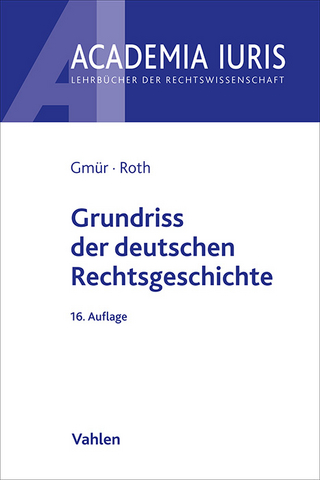Consolidating Nominal Democracy's Third Wave
Seiten
The topic of the book is the third wave of democratization: Authoritarian regimes on earth around 1975 mostly gave way to democratic regimes by 2000. How did it happen? Why did democracies massively emerge even in the poorest countries where democracy was least expected? Why did global democracy increase in number but decline in quality? I inquire what factors promoted the third wave in what manners.To answer the question, I employ a mixed-methods approach, taking a sequential design of quantitative-to-qualitative methods. Event history analysis is conducted to test the factors of democratic transitions. Alternative theories are proposed based on the results and further tested through comparative historical analysis of South Korea and Nigeria. Employing elite conflict framework, those proposed theories focus on ruling elite's roles in promoting democratic transition. Importantly, democratic transition in the third wave rarely meant realizing true democracy, but usually meant ruler's adopting multi-party election to claim democracy. The latter is defined as nominal democratization
| Erscheint lt. Verlag | 7.5.2024 |
|---|---|
| Verlagsort | LUCKNOW |
| Sprache | englisch |
| Maße | 155 x 220 mm |
| Gewicht | 517 g |
| Themenwelt | Recht / Steuern ► Allgemeines / Lexika |
| Schlagworte | authoritarian regimes • Democratization Dynamics • Event History Analysis • Political change • Quality of democracy • ruling elites • third wave of democratization |
| ISBN-10 | 3-384-22381-0 / 3384223810 |
| ISBN-13 | 978-3-384-22381-4 / 9783384223814 |
| Zustand | Neuware |
| Haben Sie eine Frage zum Produkt? |
Mehr entdecken
aus dem Bereich
aus dem Bereich
Buch | Softcover (2023)
C.H.Beck (Verlag)
CHF 30,65
Buch | Softcover (2023)
Franz Vahlen (Verlag)
CHF 27,70




